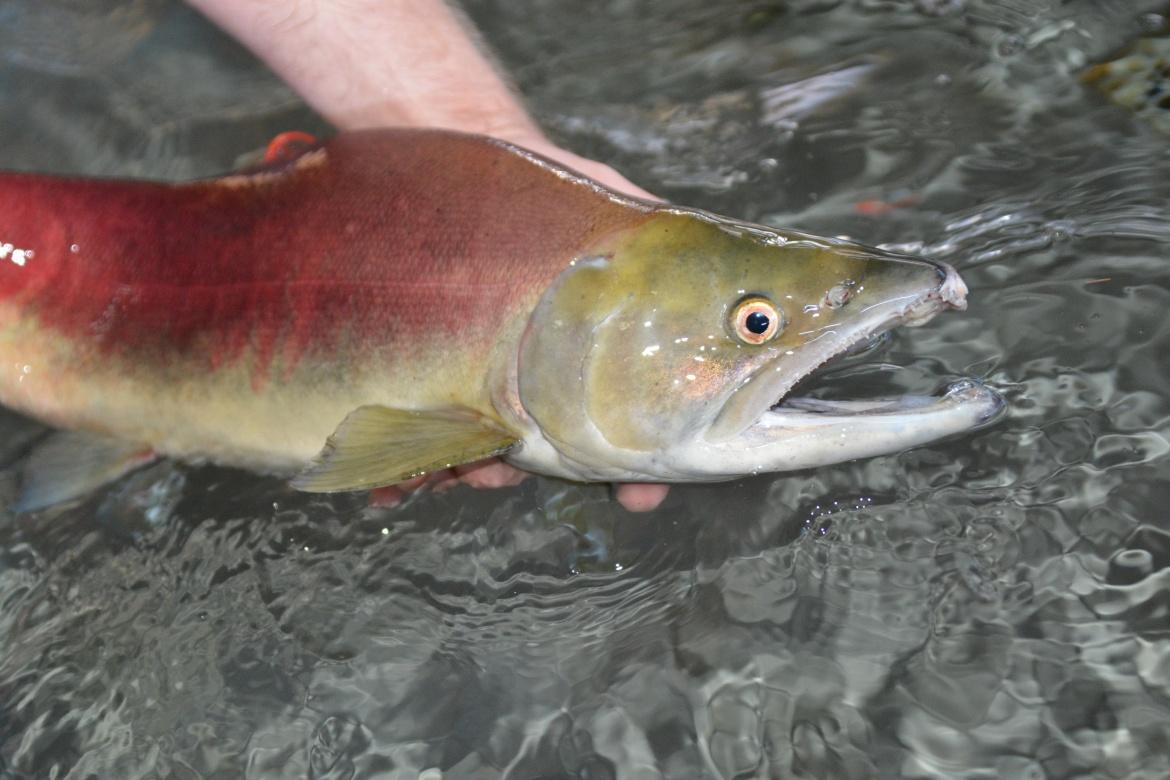A U.S. Federal Court in Seattle, Wash., has issued a ruling that is intended to protect salmon and steelhead trout in the Columbia River basin from rising water temperatures.
In the mile-long lakes created by hydropower dams on the rivers, the water temperature has often exceeded 70 degrees for days at a time, though the Clean Water Act bars the temperature in the river from exceeding 68 degrees. Cold water species such as sockeye and steelhead become stressed at temperatures over 68 degrees and stop migrating when the temperature exceeds 74 degrees.
The ruling instructs the Environmental Protection Agency to protect the species. The EPA will, within 60 days, come up with a “comprehensive plan to deal with dams’ impact on water temperature and salmon survival,” according to Columbia Riverkeeper executive director Brett VandenHeuvel, one of the plaintiffs of the case, which was initially filed in February 2017. Other conservation and fishermens’ groups were plaintiffs in the suit as well: Idaho Rivers United, Pacific Coast Federation of Fishermen’s Associations, Snake River Waterkeeper, and The Institute for Fisheries Resources.
Acting Federal Judge Ricardo Martinez ruled that the Environmental Protection Agency had not undertaken its duty to enforce and ensure a temperature maximum in the river.
The court’s decision was lauded by area fishermen.
“Our livelihoods depend on healthy salmon runs,” Northwest Regional Director of the Pacific Coast Federation of Fishermen’s Association Glen Spain said. “It is simply unacceptable to let hot water kill otherwise-healthy adult salmon before they can spawn. We’re glad [the] EPA will finally do its job.”
In 2015, more than 250,000 sockeye salmon died in the Columbia and adjacent Snake river because of overly warm water. In the same year, the survival rate for critically endangered Snake River sockeye salmon was just four percent.
This story was originally published by Seafood Source and is republished here with permission.







